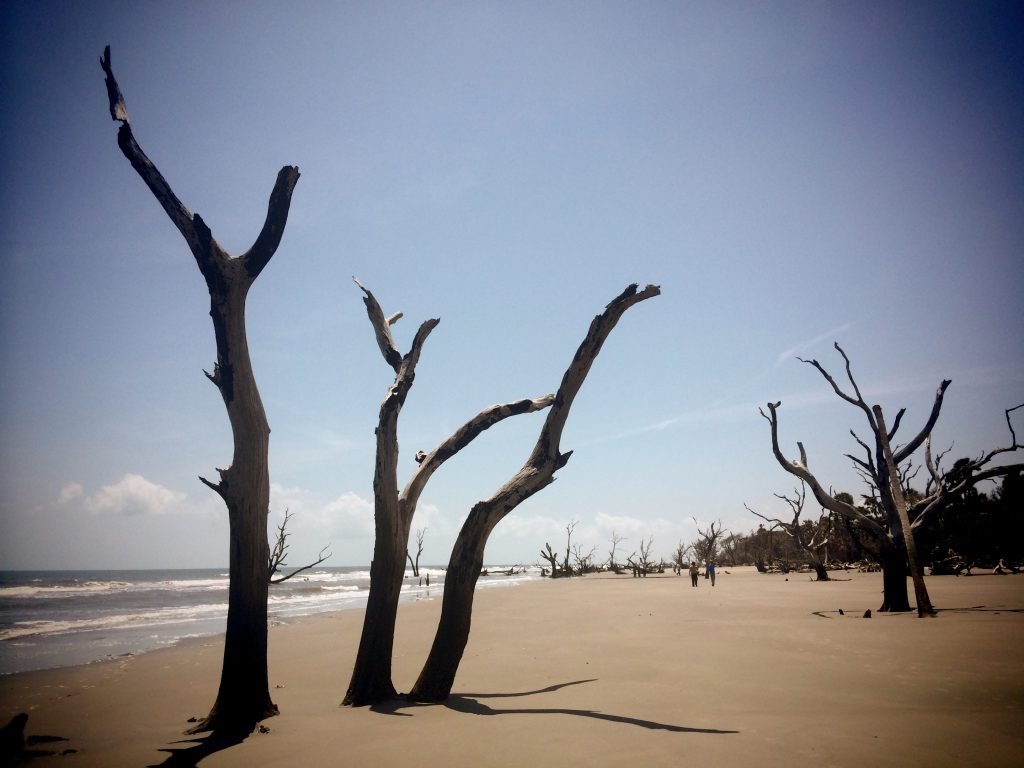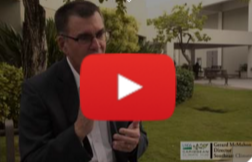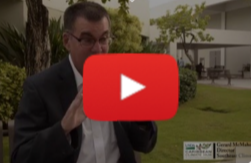SE CSC Director, Jerry McMahon, Speaks on Strengthening Efforts to Communicate Science and the Co-production of Knowledge
 Scientists across the country are actively working to conduct research and produce scientific information and knowledge about the ways in which climate change is affecting fish, wildlife, and ecosystems. Not only will this information help advance our scientific understanding as a society, but it can also be directly used by resource managers and decision-makers to help protect important natural resources and to help plan for the future.
Scientists across the country are actively working to conduct research and produce scientific information and knowledge about the ways in which climate change is affecting fish, wildlife, and ecosystems. Not only will this information help advance our scientific understanding as a society, but it can also be directly used by resource managers and decision-makers to help protect important natural resources and to help plan for the future.
Providing scientific information that resource managers can use to inform decisions, however, is not always as easy or straight-forward as it might seem. For example, before starting a research project, scientists and managers may need to meet to discuss the management questions and priorities that need to be addressed. Moreover, once a project is completed, the scientific findings and information must be communicated to managers in a way that is understandable and relevant. These two-way efforts to bring together scientists and managers to develop useful scientific information are often referred to as “knowledge coproduction” (i.e. rather than managers being simply the “end-users” of science, scientists and managers work together to coproduce the scientific knowledge).
Organizations such as the regional DOI Climate Science Centers and the USDA Climate Hubs are working to bring together scientists and managers and to strengthen efforts to coproduce knowledge. Last November, at a Climate Change Conference in Puerto Rico, the Caribbean Climate Hub conducted a series of recorded interviews on topics related to science coproduction and communications. The interviews include a 2-part discussion with Dr. Jerry McMahon, USGS Director of the Southeast Climate Science Center. The short interviews with Dr. McMahon are now available online (see links below). Check out the videos to learn more about the importance of effective science communication and the benefits of having scientists work together with managers and other “science users”.
Effective Climate Science Communication (2:30m): https://www.youtube.com/watch?v=VuKveTcVm0M

Science Knowledge Coproduction for Climate Change Adaptation (2:47m): https://www.youtube.com/watch?v=9UZ9Ti-WofM
